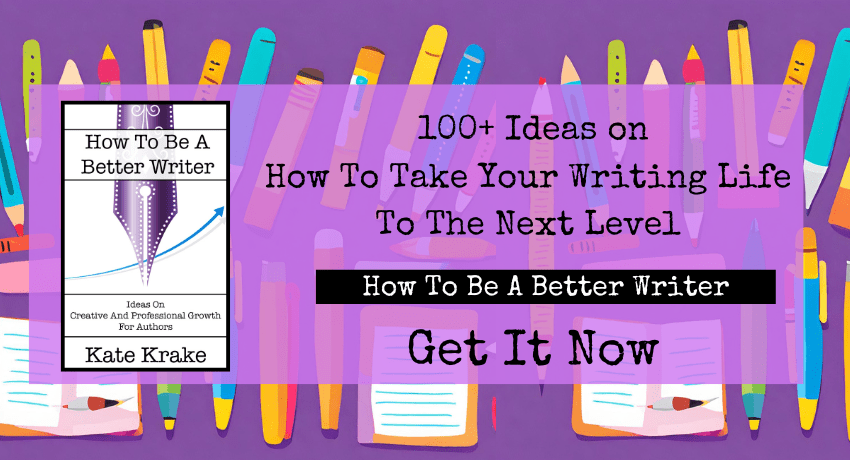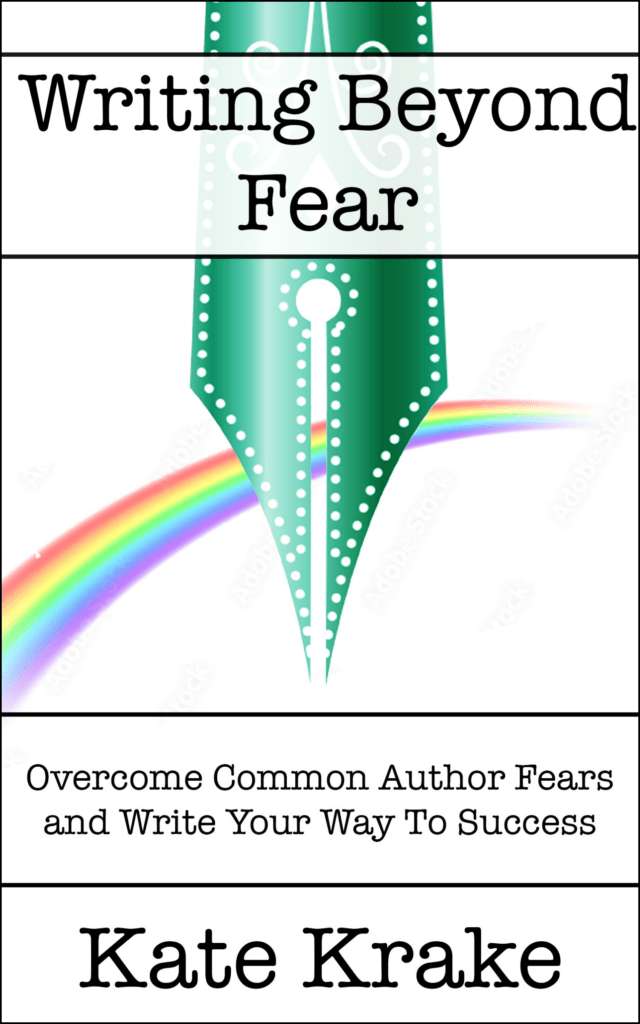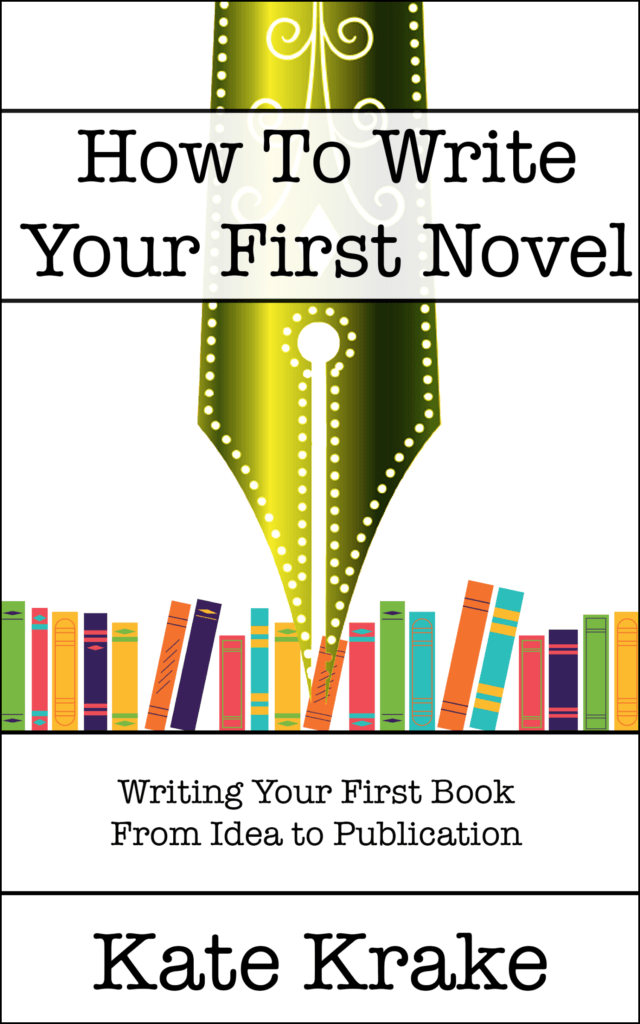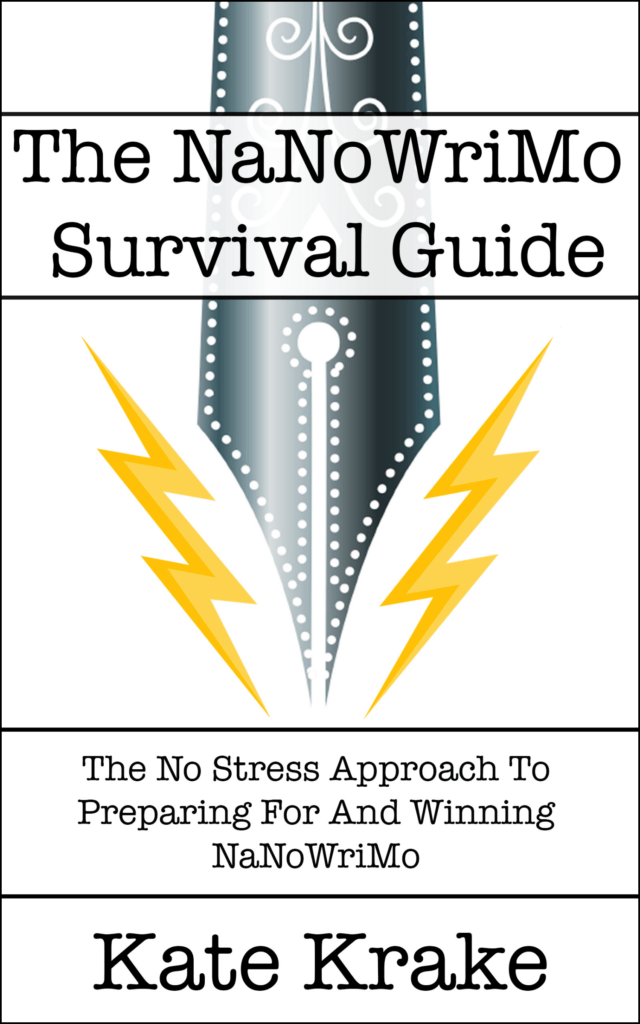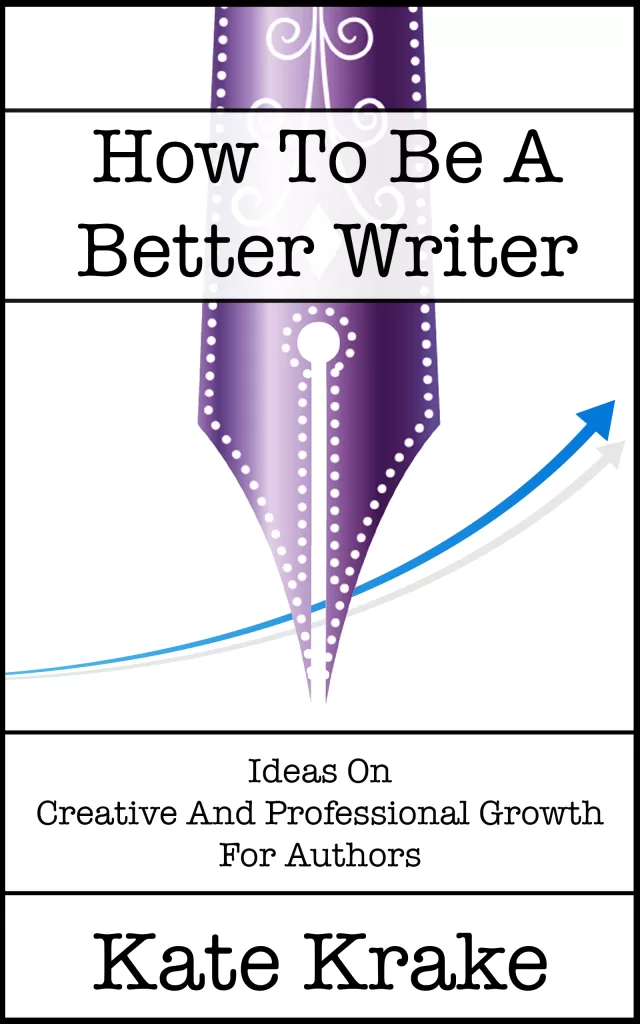Writing is hard work, but it’s also fun, fascinating, endlessly rewarding on the soul level. Writing educates, it entertains, it enlivens.
Writing, whether it’s fiction or non-fiction, is hard work.
So, what’s with that headline claiming writing is not hard work?
I haven’t always been a writer. I worked in bush regeneration and conservation. I’ve worked in dollar stores and an ice cream shop. I’ve worked at multiple fast-food places and a gas station. I’ve sold furniture and shoes. I worked a decade in music retail. All of those jobs were hard in their way. The physical demands that came with working in the bush. The painful RSI that came scooping ice cream. The weird stink on my clothes and skin working fast food. Customers in all of them were often a pain, and none of these jobs did anything for me on the mental stimulation level.
When I became a mother, oh wow, that redefined hard work!
And writing is hard too.
I tell would-be writers all the time how hard writing is, most people who offer writing advice do the same.
Yet, I think it’s time we re-framed that concept.
Writing is difficult, and it often hurts on the soul level (sometimes the physical level too). I relish every second of it. Even when it sucks, even when it drives me to tears, I still come back to the page.
Writing is the good hard.
Hard is not something that needs to be suffered.
“Pain is inevitable. Suffering is Optional.”
Buddhist philosophy, quote attributed to many people.
We live in a culture that
People ask, “How are you?” We answer, “Good, thank you.” It’s weird, especially when we all talk so easily about what ails us, but if we then went on to list the ways we feel great, and life is wonderful, it’d be really strange.
It’s the same thing with writing.
We talk about the HARD so often, difficult becomes the normal, and before long that negativity envelops everything. Enter the tortured artist.
How would it be different if we flipped it?
Elizabeth Gilbert writes along these lines in her memoir on creativity, Big Magic. She calls it the Contract of Creative Suffering.
“I shall destroy myself and everyone around me in an effort to bring forth my inspiration, and my martyrdom shall be the badge of my creative legitimacy.”

We might not do it in such
How about you?
Gilbert goes on to suggest another way of living with creativity, one that accentuates the positive. One that does away with the tortured artist raging against the muse while downing a gallon of whiskey and drowning in hedonism in favor of one that encourages clean living with a clear head; “a different way is to cooperate fully, humbly, and joyfully with inspiration.”
Writing is hard work, but it’s also fun, fascinating, endlessly rewarding on the soul level. Writing educates, it entertains, it enlivens.
Sure, sometimes the ideas are not as forthcoming as we’d like and sentences get muddled, but that doesn’t mean they need to be suffered.
How different would the experience of writing be if, instead of lamenting these not so easy parts, we celebrated them?
Here’s my guess…
We’d all write a lot more.
We’d all finish a lot more projects.
We’d all be a lot more content, happier overall.
Dare to give it a try?


